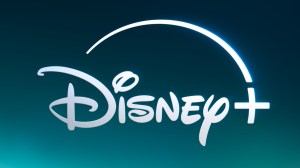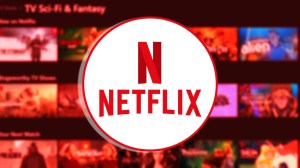Yesterday, popular streamer and gaming personality Tyler “Ninja” Blevins called out casual gamers in a tweet that took aim at the saying “it’s just a game.” According to Blevins, falling back on this mentality is a sign of a “weak mindset.” Further, the moment when losing stops bothering you, you’ve lost twice. Blevins goes on to note that “there’s always something to learn,” and that you should “never settle,” but it’s the former part that has the tweet’s impressions shooting through the roof, and that has earned Ninja a fair share of criticism.
Videos by ComicBook.com
Since the tweet started to make the rounds for all the wrong reasons, some have suggested that it’s a reference to competitive gamers and those that play for a living, which is obviously a very small sect of the larger gamer population. That said, even if this assertion is correct, it doesn’t completely negate the tweet, it just makes it a slightly less contentious take. Of course, people who play games competitively for a living should take their craft seriously. They should practice, and use every defeat to learn something and as an opportunity to improve. That’s the spirit of competition.
As Ninja has suggested in the past, you wouldn’t blame Cristiano Ronaldo or LeBron James for getting frustrated or angry after a defeat. Yet, soccer and basketball are literally “just a game” too. If Ninja spazzes on stream after getting popped in Fortnite, people will spam “it’s just a game.” However, when professional athletes express the same type of emotion during a similar circumstance, they aren’t bombarded with the same condescending messages. If this is the point Ninja is trying to make, well, he didn’t adequately make it. Further, while there’s truth to this point, it’s always greatly flawed.
The phrase “it’s just a game” is such a weak mindset. You are ok with what happened, losing, imperfection of a craft. When you stop getting angry after losing, you’ve lost twice.
There’s always something to learn, and always room for improvement, never settle.
— Ninja (@Ninja) February 18, 2020
Ninja’s tweet didn’t explicitly convey any of this. All it did was lambaste the easygoing mentality and simply declare that if you’re aren’t mad or annoyed after losing a competitive game, you have a weak mindset, completely ignoring that “winning” is completely irrelevant for most people that play competitive games. Everyone loves winning, nobody likes losing, but most aren’t coming to competitive games for either of these two things; they simply want to have fun, usually with friends, and escape life for a bit.
What’s worse about the take though is that it assumes — and projects to a massive audience, including many young impressionable gamers — that you have to be upset after losing in order to learn from a loss. There’s value in losing, but being upset about losing doesn’t enhance this value. In fact, your temporary rage may blind you from the valuable lesson you could extract from the situation.
At the end of day, there’s some truth to “it’s just a game.” Sure it’s reductive, but that doesn’t mean it’s not largely accurate. Having a healthy competitive drive isn’t a bad thing, but anger doesn’t have to fuel this drive.
Facts though. pic.twitter.com/puQbtyVI8d
— BR1CK (@BR1CKmixer) February 18, 2020









